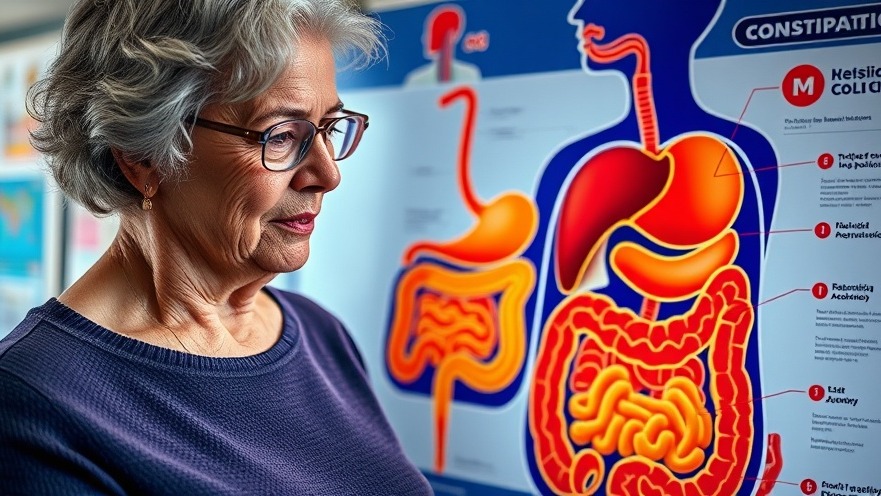
The Curious Case of Bloated Stomachs
Bloated stomachs are a common complaint worldwide, but specific concerns arise in certain populations, including those from India. This phenomenon can often be linked to various dietary habits and lifestyle factors prevalent in the region. Understanding why people from India exhibit this symptom can spark interesting conversations around gut health and overall well-being.
Historical Context and Background
The Indian culinary landscape is incredibly diverse, with a wide array of spices, ingredients, and cooking methods. However, traditional diets may sometimes lead to digestive issues such as bloating. Foods rich in carbohydrates, legumes, and dairy can be challenging for some individuals to digest, especially when consumed in large quantities or combined in certain ways.
Additionally, cultural practices around eating—such as large communal meals—can contribute to overeating, leading to discomfort. It's essential to approach these habits with an understanding of their impact on health.
Common Misconceptions about Bloating
Many people associate bloating exclusively with overeating or poor dietary choices, yet the reality is more nuanced. While these factors certainly play a role, bloating can also indicate food intolerances, gut microbiome imbalances, or other underlying health conditions. Moreover, the stigma attached to digestive issues can prevent individuals from seeking help or discussing their symptoms openly.
Nutritional Insights: Addressing Bloating
Ironically, embracing more healthful and lighter meals, such as those rich in fiber, can aid digestion and help alleviate bloating. Incorporating more vegetables, fruit, and whole grains while reducing excessive consumption of dairy and fried foods may support your gut health. Cooking with spices like ginger and peppermint can also promote digestive comfort.
Moreover, staying hydrated and practicing mindful eating—like chewing food thoroughly and eating at a slower pace—can significantly impact digestive health, reducing occurrences of bloating.
Practical Tips for Health-Conscious Families
For families looking to support their digestive health, consider involving children in the food selection and meal preparation processes. Educating kids about nutrition can instill lifelong healthy eating habits. Here are some tips:
Meal Prepping: Prepare balanced meals ahead of time to avoid impulsive or unhealthy eating choices.
Diversity on the Plate: Include a variety of colorful fruits and vegetables at each meal to ensure a range of nutrients.
Mindful Eating Techniques: Teach children to pay attention to hunger and fullness cues, helping them develop a healthier relationship with food.
These practices not only reduce bloating but also promote overall wellness within families.
Final Takeaway: Understanding Bloating for Better Health
Understanding bloating is crucial for many individuals, particularly within cultural contexts that influence eating habits. By exploring dietary choices and being mindful of symptoms, families can work together to enhance their health and well-being.
 Add Row
Add Row  Add
Add 




 Add Row
Add Row  Add
Add 

Write A Comment